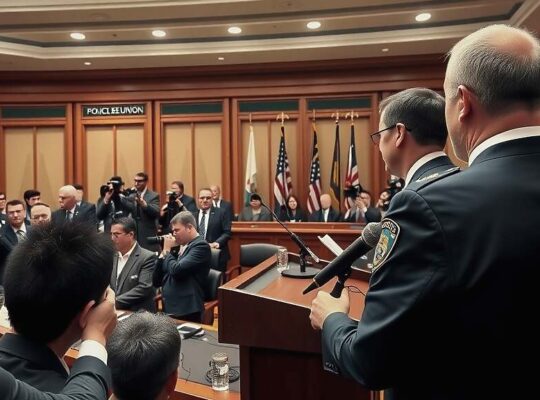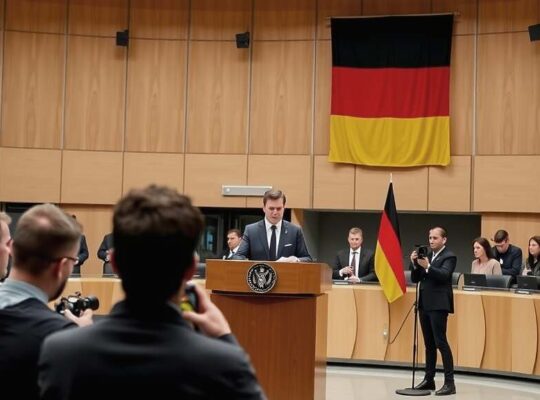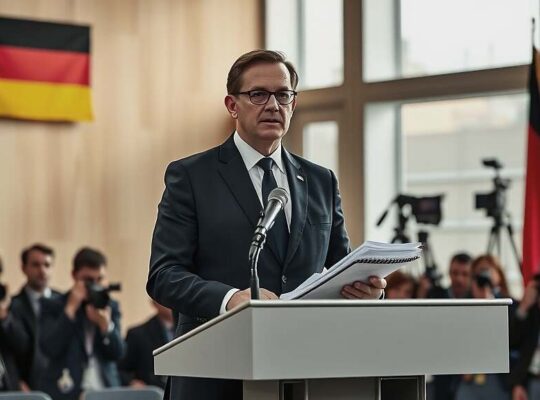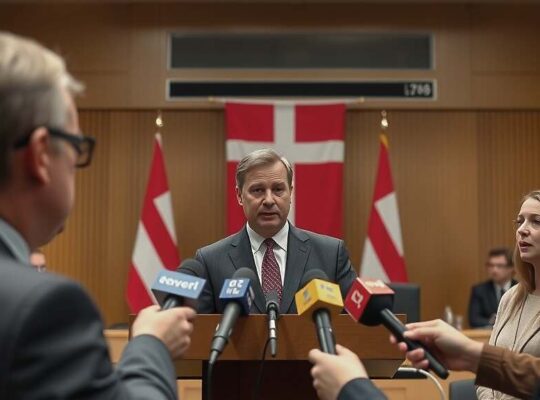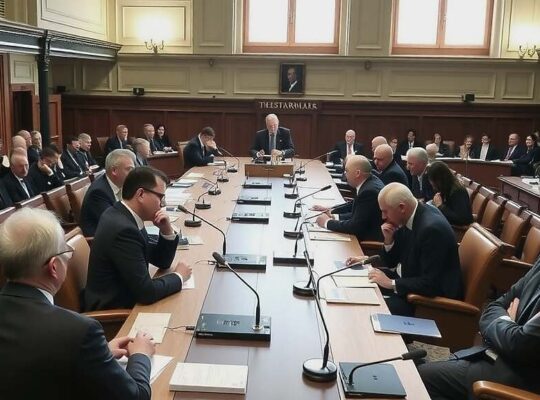The German Federal Cabinet’s recent move to revise the Federal Police Act is being hailed by the Police Union (GdP), but the proposed changes are already raising concerns about escalating costs and potential for mission creep. Andreas Roßkopf, GdP’s head for the Federal Police sector, emphasized in an interview with the “Rheinische Post” that the inclusion of drone defense capabilities is “necessary, timely and welcome”. However, he cautioned that the expansion of powers will demonstrably inflate both personnel and material expenses.
While acknowledging the necessity of the legislative update – the existing law is over three decades old – Roßkopf highlighted several specific provisions he views favorably. These include expanded authorities for online searches, access to telecommunications data (TKÜ) and increased powers regarding interrogations and checks within weapon prohibition zones. These expanded capabilities, proponents argue, are vital for addressing evolving security threats.
However, the move is not without its critics and raises crucial questions about the scope and oversight of federal policing. The granting of enhanced online search and data access powers, in particular, is likely to draw scrutiny regarding potential infringements on civil liberties. The absence of a clear mechanism for independent review and limitations on these powers – beyond the vaguely mentioned “regular and timely evaluation” – is already sparking debate amongst legal experts and privacy advocates.
The proposed revisions represent a significant broadening of the Federal Police’s reach and authority. While the Union’s immediate concern focuses on the budgetary implications, the long-term political and societal ramifications of granting these expansive powers will require careful and ongoing assessment. Questions remain about whether the intended increase in security is worth the potential cost in terms of privacy and civil liberties and whether the envisioned evaluation process will be genuinely independent and impactful.



